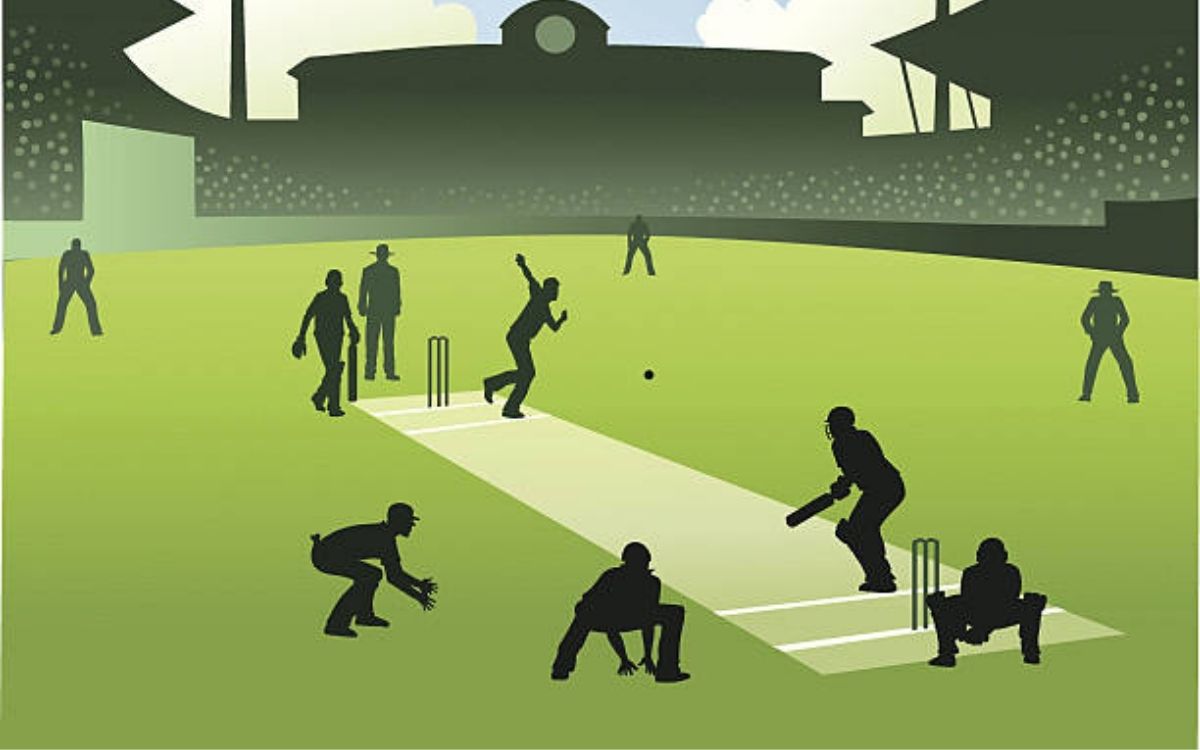
One of the most dramatic ODI matches in history was the final of the 2019 Cricket World Cup on July 14, 2019. A match was being played at the Mecca of Cricket, Lord’s, between two teams that had never won an ODI World Cup before.
It was not their first time playing in a world cup final, but playing in one is incomparably more stressful than other games. In either case, New Zealand captain Kane Williamson decided to bat first, setting the stage for history to be made.
Henry Nicholls and Martin Guptill got the New Zealand innings off to a good start. After Guptill scored 19, Chris Woakes removed him. Capt. Williamson and Nicholls walked in to keep the score from falling below 100 runs.
On 30, Liam Plunkett was able to catch Williamson behind to provide his team with a breakthrough.
Some New Zealand batters made starts on a tricky pitch but failed to take advantage of them. Black Caps finished with 241/8, thanks to Latham (47) and Nicholls (55) who ensured a respectable total.
With four top-order batsmen out for 86 in 24 overs, the English team struggled to get started. New Zealand was at this point feeling confident, but Jos Buttler and Ben Stokes had other ideas and added 110 runs to their partnership before Butler was out for 59 runs.
Stokes was England’s only remaining hope after they needed 46 from 32 balls. His team kept ticking along with the help of the all-rounder keeping them on their toes. There was a slim chance of a close match and it came down to the wire.
The final ball needed to score two runs for England. As for England, the final ended in a tie, the first tie in the history of the world cup.
Enter Super Over.
Fans were in for more drama. England scored 15 runs in the first Super Over, and its target was 16. With 15 runs, the Kiwis tied the game again.
What is the countback controversy?

The English are celebrating wildly, so it’s all square again.
How?
The team that scores the most boundaries during the course of the match wins the game in ties, as stated in paragraph 13 of Appendix F of the ICC Laws.
Three sixes and 14 fours were scored by New Zealand.
A total of two sixes and 24 fours were scored by England, which continued its high-octane approach that it has used the last four years after losing to New Zealand in the previous World Cup.
Did another super over need to happen? That might have been fairer.
However, both teams should have known the rules prior to bowling a ball or at least ought to have, and England has every right to be given the chance.
By the way, if there had been similar numbers of boundaries, the outcome would have been determined by the number of runs scored during the last ball of this super over.
England has got four runs. The Kiwis have scored one run.




